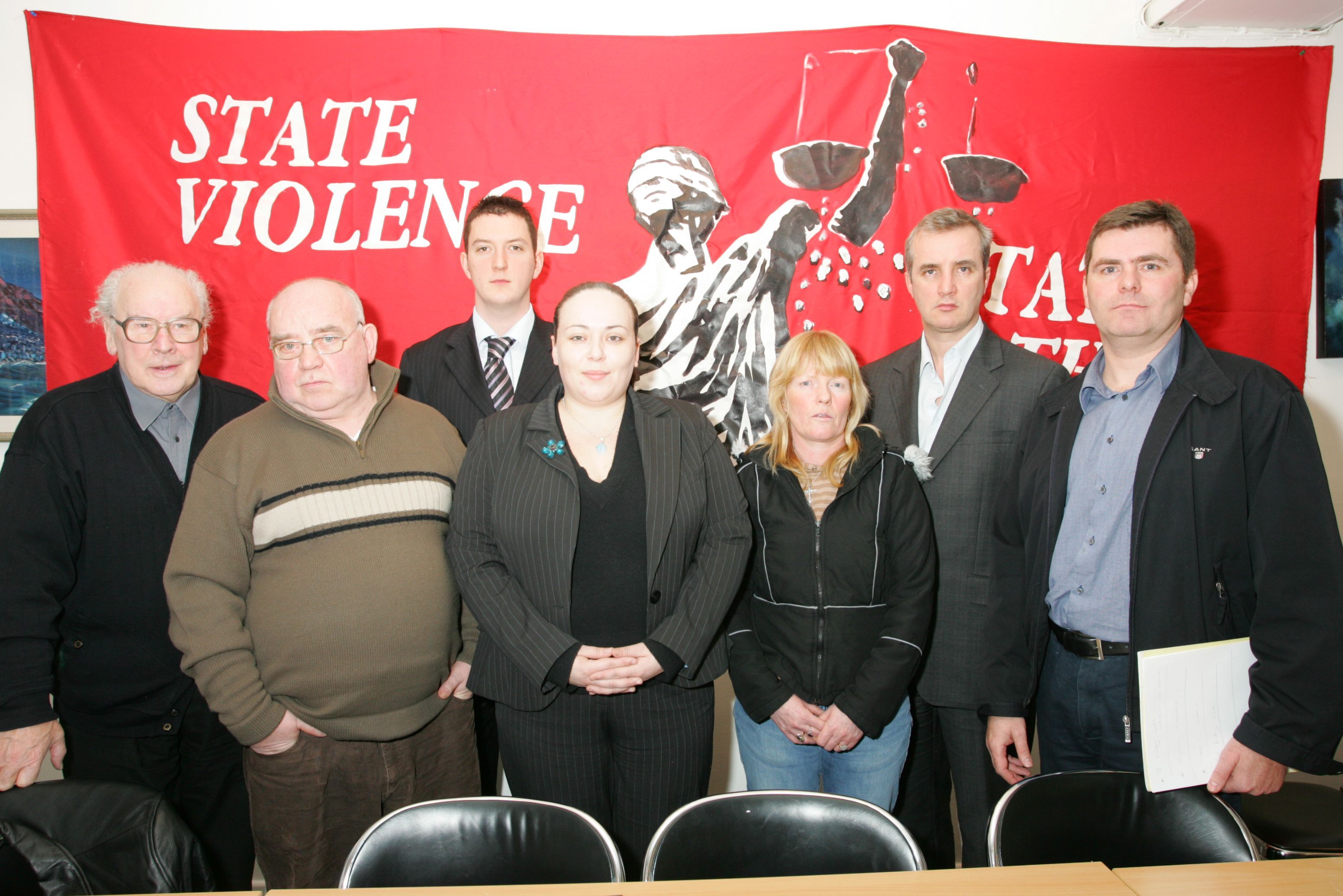The British monarch’s speech, setting out his government’s intention to repeal the Tory Legacy Act, is a welcome first step by the new Labour Administration.
This will restore civil actions and inquests cut short by the Act. We cannot overstate the importance this will have for the families concerned.
However, restoring power to the Attorney General to make determinations on future legacy inquests is also crucial.
In truth, inquests guillotined by the Act are only a tiny, albeit crucial, fraction of killings that remain unresolved. The majority of those bereaved and injured have been left behind; failed time after time, from Eames/Bradley to Stormont House, their hopes dashed. Those failures lie squarely at the doors of both Tory and Labour Administrations past.
Many victims and survivors will be alarmed that the new Northern secretary unilaterally announced his intention to retain the Independent Commission for Reconciliation and Information Recovery (ICRIR). This is dangerously like the approach of his predecessors Lewis and Harris.
With its hand-picked leadership, the ICRIR is the key strategic plank in the Tory-Thames House Legacy Act. If it remains intact, then the Act is not really repealed at all. Therein lies the danger of superficial change.
The centrality of the ICRIR to the overall Tory-Thames House agenda of closing proper scrutiny, not least of State actions, including the widespread use of agents and informers in collusion, also cannot be overstated.
This is an approach favoured by the very same people who prevented the naming of the dead British agent Freddie Scappaticci, AKA Stakeknife, in the recent report by Jon Boutcher.
The Legacy Act is inseparable from the ICRIR and joins it to the hip of the securocrats who notoriously fought families tooth and nail in courts denying information.
The reality is that the ICRIR has little to no confidence within the victim and survivor community.
Those who jumped on board the Tory legacy bandwagon ignored repeated red flag concerns from the international community and dismissed with unashamed arrogance the protests of victims and survivors.
Eyes wide open they supported heinous legislation, regardless of the damaging consequences on every level, from retraumatising victims to undermining due process.
It is nothing short of scandalous that the opinion of victims meant nothing.
The net result of the Tory Legacy Act meant that people with significant standing and expertise on these islands and internationally did not apply for positions within the ICRIR.
They knew full well the deliberate wrongs of the legislation, and many took a principled stand, privately refusing to become involved or do its bidding. Their expertise and their invaluable contribution lost due to the Act. That is precisely why there must be a new and equitable process to attract the right people to the right body.
We must not permit the ICRIR to cast the Tory shadow of Lewis, Johnston, Caine et al, over how we progressively move forward and deliver for all victims and survivors.
Work must immediately begin to build upon, strengthen, and legislate for the legacy agreement reached at Stormont House in 2014, an agreement which the Tories binned.
As one of the largest organisations representing victims and survivors, we stand ready and willing to assist and work constructively in that task. We need to get this right, now.
The next step will require political courage in creating a new body that commands respect and support. That means facing down vested interests in places like Thames House who have thwarted genuine legacy-addressing approaches via NIO administrations.
Mark Thompson is a Director of Relatives for Justice.






